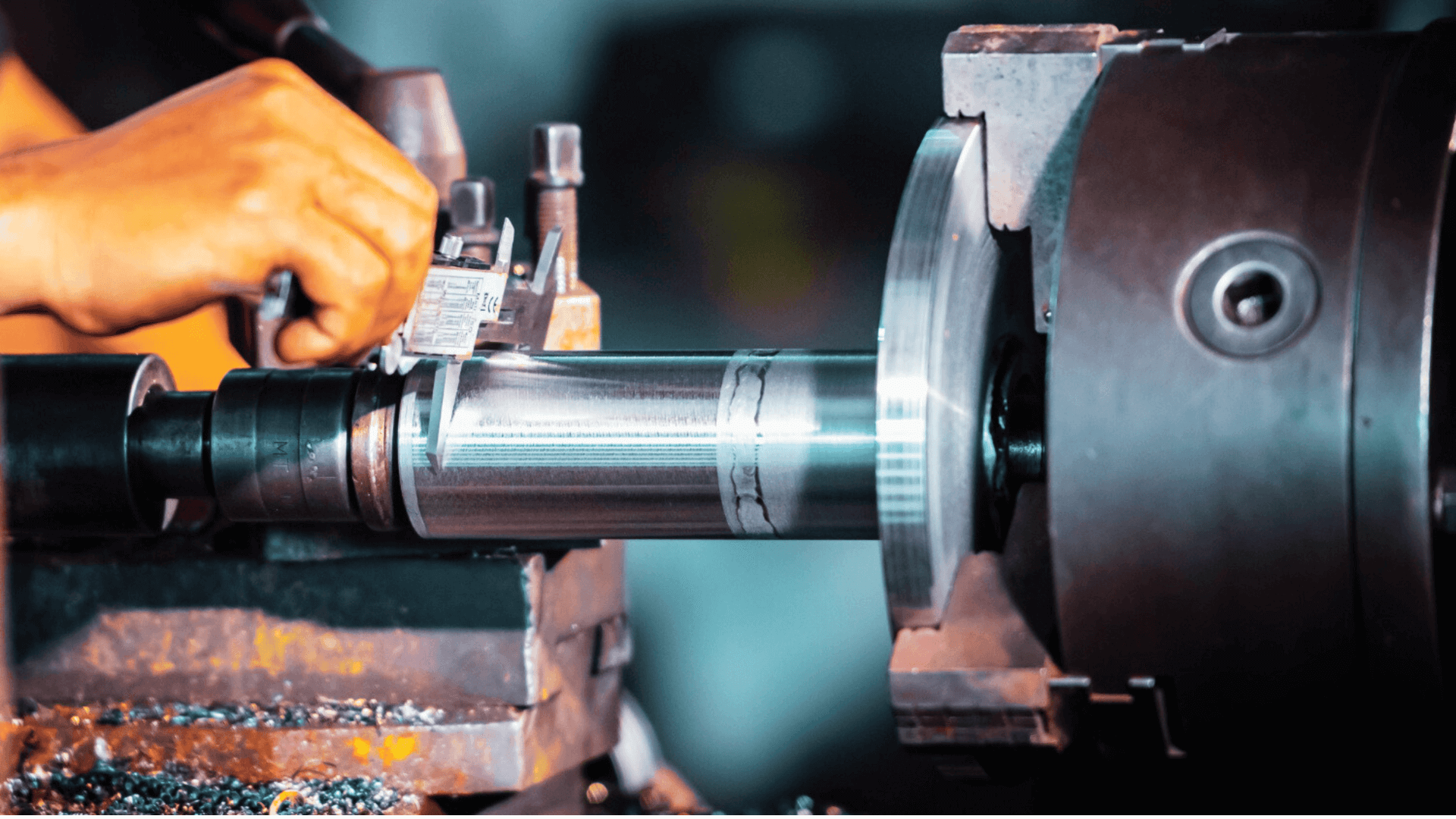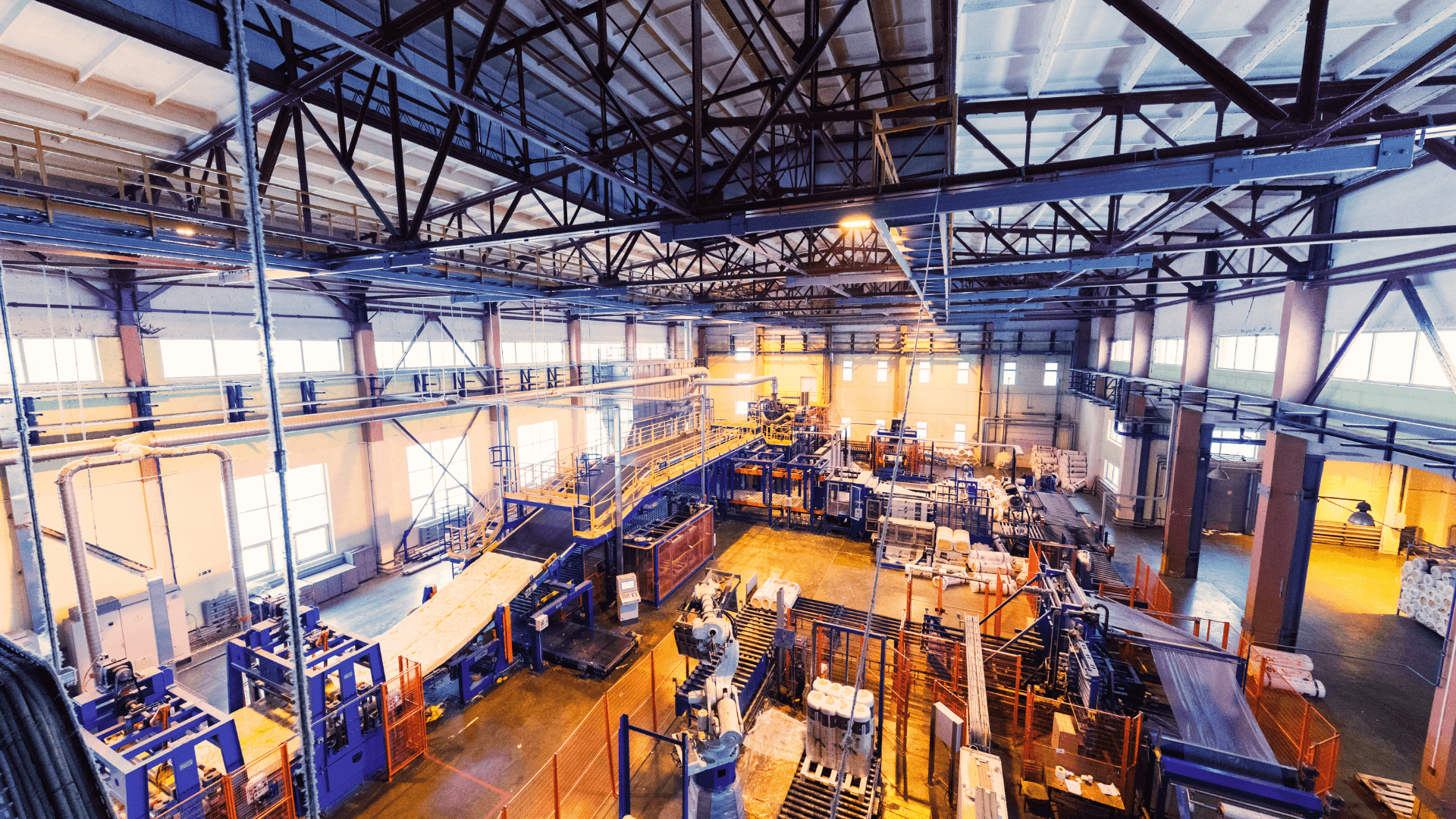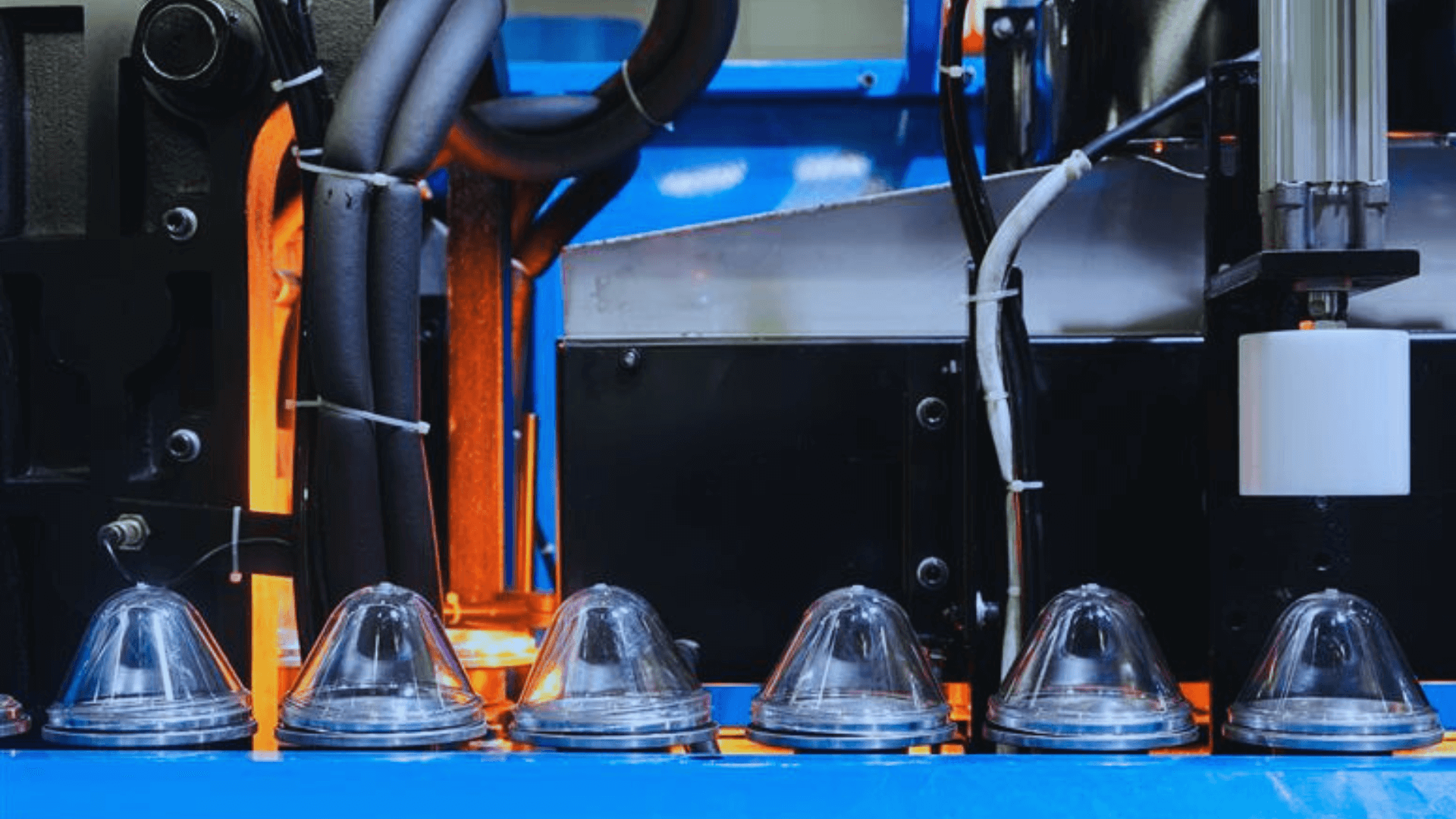In the Indian market, buying used machinery or reselling property is a big decision. Whether you’re a business looking to upgrade your equipment or an individual seeking your dream home, the choices you make can have a lasting impact. To ensure you make informed decisions, we’ve compiled three helpful tips that will guide you through the process of buying used machinery and resale property in India.
Tips for Buying Used Machinery
Tip 1: Research and Due Diligence
1. Understand Specific Machinery Requirements
Before diving into the market, it’s crucial to have a clear understanding of your machinery needs. What functions must it perform? What are your capacity and output requirements? By identifying these specifics, you’ll be better equipped to narrow down your options.
2. Investigate the History and Condition
Take your time with a purchase. Investigate the history and condition of the machine. Look for maintenance records, repair history, and any potential issues that might affect its performance. A well-maintained machine can save you from costly surprises down the line.
3. Research the Seller or Dealer
Consider the reputation of the seller or dealer. Have they been in the business for a while? Look for reviews or testimonials from previous customers. A reputable seller is more likely to provide accurate information and quality machinery.
Tip 2: Budget and Negotiation
1. Set a Realistic Budget
Once you know your requirements and have researched machinery options, set a realistic budget. This should include the cost of the machine, transportation, installation, and any potential repairs or modifications.
2. Negotiation Strategies
Negotiation is a critical step in securing the best deal. Be prepared to negotiate with the seller. Knowing the market value and being clear about your budget can give you an edge. But also be open to compromise to reach a mutually beneficial agreement.
3. Understand the Total Cost of Ownership
Consider not just the purchase price but the total cost of ownership. This includes operating costs, maintenance, and potential resale value. A lower upfront cost may not always mean a better deal in the long run.
Tip 3: Inspection and Documentation
1. Importance of Physical Inspection
Don’t skip the physical inspection. Visually inspect the machinery for signs of wear, damage, or irregularities. If possible, test its performance to ensure it meets your expectations.
2. Key Areas to Inspect
Pay attention to key areas, such as the engine, electrical systems, and structural components. These are critical for the machine’s proper functioning.
3. Necessary Documentation and Legal Considerations
Ensure that you have all the necessary documentation, including the bill of sale, warranty (if applicable), and any legal agreements. This documentation protects your rights as a buyer and clarifies the terms of the purchase.
Tips for Buying Resale Property
Tip 1: Define Your Needs and Preferences
1. Identify the Purpose and Location
Determine the purpose of the property and the ideal location. Is it for your residence, investment, or a commercial venture? Location plays a significant role in property value.
2. Budget Allocation
Set a clear budget for the property purchase. Consider not only the property cost but also expenses like registration fees, stamp duties, property taxes, and any renovations or repairs.
3. Features and Amenities
List the features and amenities you desire in a property. This can help you narrow down your options and make an informed decision.
Tip 2: Legal and Financial Due Diligence
1. Property Title Verification
Ensure the property has a clear title by conducting a thorough title verification. This step can prevent legal hassles in the future.
2. Background Check
Run a thorough background check on the seller and the property’s history. Look for any disputes, pending legal matters, or past issues that might affect your ownership.
3. Understand the Financial Aspects
Understand the financial aspects of the property, including any machinery loan or existing loans, pending taxes, and the overall financial health of the property. This information is vital for a smooth transaction.
Tip 3: Inspection and Appraisal
1. Conduct a Thorough Property Inspection
Just as with machinery, a property inspection is essential. Look for structural issues, plumbing, electrical, and overall condition. Don’t hesitate to hire a professional inspector for a detailed report.
2. Consider Future Resale Value
Think about the property’s future resale value. The location, property description, condition, and potential for improvements can impact its resale value.
3. Appraisal and Valuation
Get an appraisal and valuation of the property. This provides a professional estimate of its worth and helps you make a fair offer.
Conclusion
By following these three tips for both second-hand machinery and resale property, you can navigate the market with confidence. Remember that a thorough understanding of your needs, diligent research, and careful consideration of legal and financial aspects can lead to successful and satisfying transactions. Whether you’re expanding your business or finding your dream property, these tips will be invaluable.
Embrace these guidelines as you start your journey in the Indian resale market. Your decisions today will shape your future. If you have any questions or need further guidance, please feel free to reach out to Electronica Finance Limited. Happy buying!
FAQs
Q: What are the key factors to consider when buying used machinery in India?
A: Key factors include research, due diligence, budgeting, negotiation, inspection, and necessary documentation.
Q: How can I ensure I’m making a wise investment in resale property in India?
A: Define your needs, conduct legal and financial due diligence, inspect the property, and consider its future resale value.
Q: Are there any specific legal checks required when purchasing resale property in India?
A: Yes, property title verification and background checks on the seller and property history are crucial to ensure a smooth transaction.
Q: What are common mistakes to avoid when buying used machinery and resale property?
A: Common mistakes include not conducting proper research, skipping inspections, and not understanding the total cost of ownership.
Q: How can I negotiate a better deal when purchasing second-hand machinery or resale property?
A: Set a realistic budget, know the market value, and be open to compromise. Effective negotiation can lead to better deals.
Q: Why is location important when buying resale property in India?
A: Location influences property value and suitability for your needs. It’s a key factor to consider for a successful purchase.




